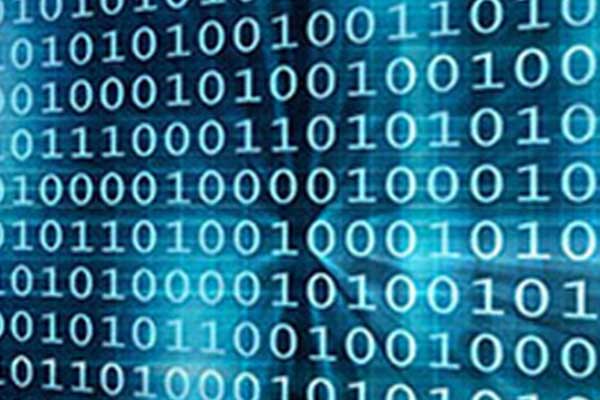Understanding Information Systems vs. Information Technology: Definitions, Differences, and What to Study

Technology is woven into nearly every aspect of modern life. In response, colleges and universities have created academic programs designed to help students prepare to pursue various career paths involving technology.
However, terms like information systems (IS) and information technology (IT) are often used as if they mean the same thing. That can create confusion—especially for students considering a tech-focused path. It's important to understand that while IS and IT are related and frequently overlap, they are distinct fields with different emphases.
This article clarifies what each term means, how academic programs in these disciplines may differ, and how knowing the difference can help you make more informed decisions about your education.
What Is Information Technology (IT)?
- Information Technology refers to the use of computers, software, networks, and related infrastructure to acquire, store, manage, transmit, and protect data or information.1
- IT professionals are responsible for installing, maintaining, securing, and optimizing these systems and components—such as networks, servers, and digital platforms—to ensure effective and secure data operations across organizations.1
What Is Information Systems (IS)?
- An Information System refers to a discrete set of information resources organized for the collection, processing, maintenance, use, sharing, or dissemination of information. It typically encompasses both general-purpose and specialized systems, such as process control or communication systems.2
- Beyond the technology itself, IS represents a socio-technical system that integrates people, processes, data, and technology to gather, manage, and deliver information that supports organizational goals, operations, and decision-making.2
Key Differences Between IS and IT
| Aspect | Information Technology (IT) | Information Systems (IS) |
|---|---|---|
| Focus | Technical infrastructure: devices, networks, software, security. | Integration of people, processes, data, and technology to meet strategic goals. |
| Scope | Narrower; mostly concerned with technical operations. | Broader; considers organizational context, business requirements, management, decision support. |
| Typical Activities | Setting up network infrastructure, securing systems, installing software, hardware maintenance. | Designing workflows, data modeling, creating information policy, and aligning technology with organizational goals. |
| Required Skills | Technical skills: networking, cybersecurity, system administration. | Analytical skills, business strategy understanding, change management, data analysis. |
Academic Programs: IS vs. IT
Information Technology Programs Typically Include:
- Courses focused on networking, hardware and software fundamentals, cybersecurity, operating systems.
- Hands-on labs to configure servers, manage networks, troubleshoot technology.
- Studies in system security, data protection, and tech infrastructure.
Information Systems Programs Typically Include:
- Courses that deal with business analysis, systems design, project management, data analytics, and information policy.
- Examination of how organizations collect, process, store, and make decisions from data.
- Emphasis on aligning technology with business goals and human interactions with systems.
How They Work Together
- IT is often a component or subset of IS: to build or use an information system, you need technology (IT) plus people, processes, data policies, etc.
- IS professionals depend upon strong IT staff to ensure that the infrastructure is reliable, secure, and well maintained. Conversely, without understanding the organizational context, IT efforts may be less effective.
How to Choose What to Study
If you're considering which path might suit you better, ask yourself:
- Do you enjoy working with the technical side, hardware/software/networking/security? If so, IT may match well.
- Do you like understanding how businesses or organizations work, how processes are designed, how people use systems, how data drives decisions? If so, then IS might be a good fit.
- Look at specific courses and program requirements at the schools you are considering. The names ('Information Systems', 'Information Technology', 'Management Information Systems') can vary, and so can the content.
- Talk with advisors and professionals in both fields to see what these roles look like in practice.
Take the next steps towards your education
1 National Institute of Standards and Technology (NIST). “NSIT Information Technology Laboratory | Computer Security Resource Center.” https://csrc.nist.gov/glossary/term/information_technology (visited on 10/27/2025)
2 National Institute of Standards and Technology (NIST). “NSIT Information Technology Laboratory | Computer Security Resource Center.” https://csrc.nist.gov/glossary/term/information_system (visited on 10/27/2025)
AIU cannot guarantee employment, salary, or career advancement. Not all programs are available to resident of all states.
REQ2169726 10/2025